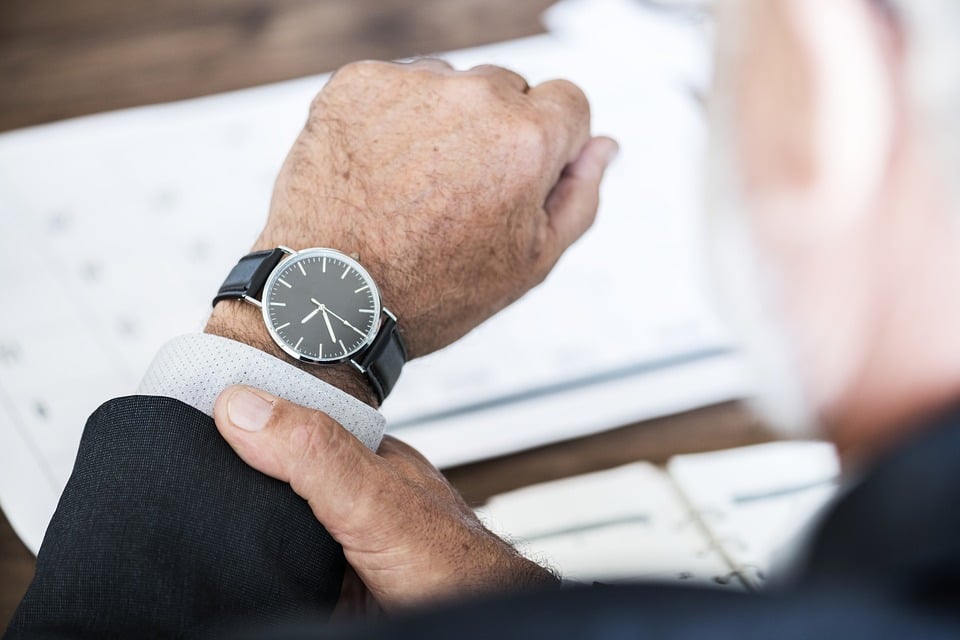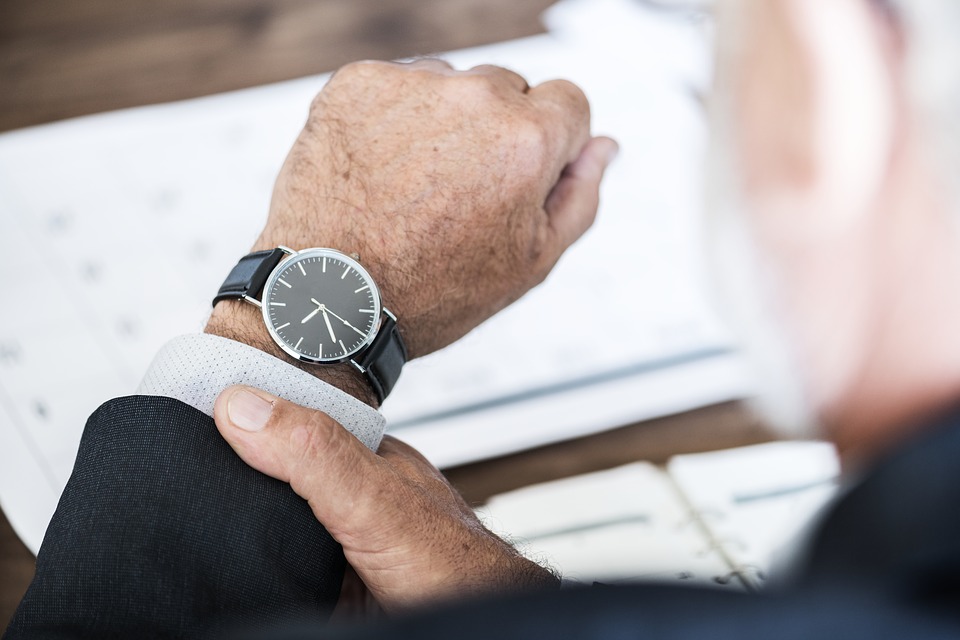LG Electronics Face Class Claims of Fake Employee Promotions to Avoid Overtime Costs
By: Elizabeth DiNardo, Esq. | Associate Counsel


On May 7, 2019, electronics giant LG Electronics USA Inc. (“LGEUS”) was served with class claims in New Jersey federal court alleging that the company violated the federal Fair Labor Standards Act.
In the complaint, plaintiff Misa Choi claimed that the defendant company fraudulently classified herself, and her fellow class members, as exempt from overtime premium payments by regularly issuing so called “paper promotions” to entry-level associates. LGEUS’s “paper promotions” nominally promoted entry-level associates to assistant managers without modifying the employees’ responsibilities, authorities or tasks assigned to them. As a result, plaintiff argued that the defendant actively encouraged employees to mistakenly consider themselves management and therefore exempt from, and not entitled to, overtime payments.Despite her managerial title, the plaintiff argued that none of her suggestions or recommendations as to the hiring, firing or promotion (or any status change) of other employees were heeded or given consideration by the “true” managerial level at the company. LGEUS also allegedly directed salaried employees not to record the number of hours they worked. In the complaint plaintiff claims that despite being compensated for a 40-hour workweek, the plaintiff actually worked, on average, 58.5 hours per week, plus an additional four hours on the weekends once a month or on demand.
The suit brings causes of action for violations of the Fair Labor Standards Act and violations of New Jersey Labor Law: Unpaid Overtime Premium. The plaintiff is seeking to represent a class of similarly situated LGEUS employees who were not properly compensated for overtime work.
The case is: Misa Choi v. LG Electronics USA Inc. et al., Case No.: 2:19-cv-12236, in the U.S. District Court for the District of New Jersey.
Counsel Financial provides working capital credit lines exclusively for the plaintiffs' bar in all states except California, where credit lines are issued by California Attorney Lending.


